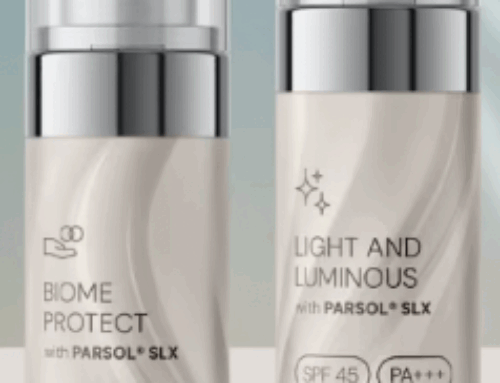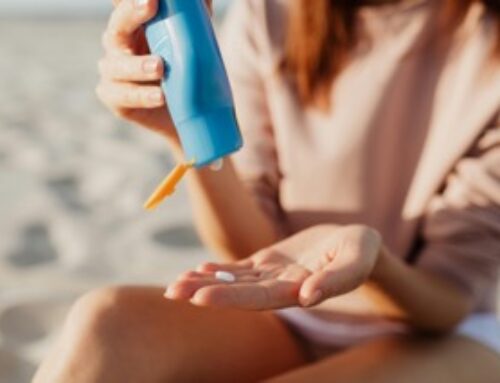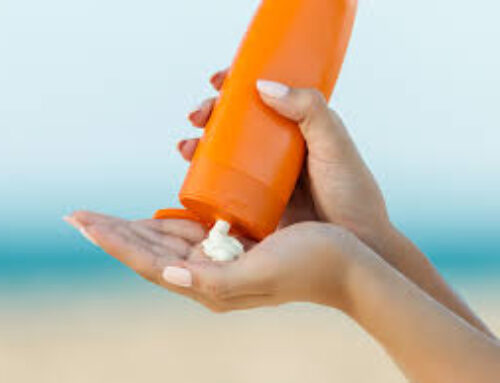It is highly emphasized to protect your skin when going out in the sun, but hair requires the same attention, too! Hair can get damaged from the sun’s UV rays and from summertime activities, such as swimming. The heightened stress on our hair leads to dryness, dullness, and unhealthy hair.
How the Sun Affects Our Hair
Keratin is a structural protein in hair that contributes to the strength of the hair shaft. Ultraviolet rays from the sun break down keratin proteins in our hair. When the UV rays break down the proteins, hair becomes dry, frizzy and brittle. Additionally, hair contains melanin, a pigment that protects against free radicals that are caused by UV radiation breaking down keratin. People with light-colored hair are more susceptible to this damage than people with darker hair because of the lack of melanin in the biochemical makeup of their hair.
How Going for a Swim Affects Our Hair
It’s hot out, so many people turn to swimming as the perfect daytime activity to cool off. Unfortunately, diving into the pool is another stressor on the hair. Most add chlorine to pools to keep the water clean. However, chlorine dissolves lipids in the hair that are used to protect it by coating the hair shaft. The dissolved lipids increase the likelihood for split ends and brittleness. Additionally, chlorine breaks down chemical bonds of the hair’s protein, increasing breakage to the hair.
People with blond hair do have their hair turn a greenish hue after swimming in a chlorinated pool. The color tint is a result of the chlorine interacting with copper in the water and being absorbed by the hair.
Saltwater, when running into the ocean at the beach, can also damage the hair if it comes in contact with it by stripping the hair of natural oils. This results in dry, tangled hair that can easily break.
Protecting Your Hair
Like with skin, there are many SPF products that you can apply to protect your hair from the sun. There are sprays, powders, and leave-in conditioners that can be put into your hair for protection. Wearing a wide-brimmed hat to cover your hair and seeking shade are also helpful ways to protect your hair from the sun.
If you go to the pool, you can provide a barrier for your hair from the chlorine by wearing a swim cap. If swim caps are uncomfortable, applying oil or leave-in conditioner prior to going into the pool will also create a barrier between your hair and the harmful chemical.
After swimming, rinse your hair immediately. Remove the chlorine by washing with shampoo and use a deep conditioner to restore moisture in your hair.
Your hair needs just as much treatment as your skin. Don’t neglect those locks during your summer activities!





